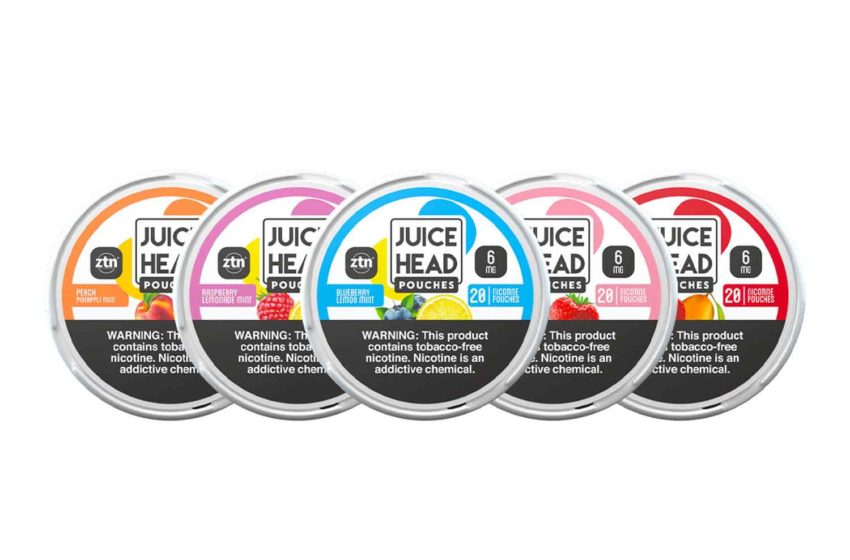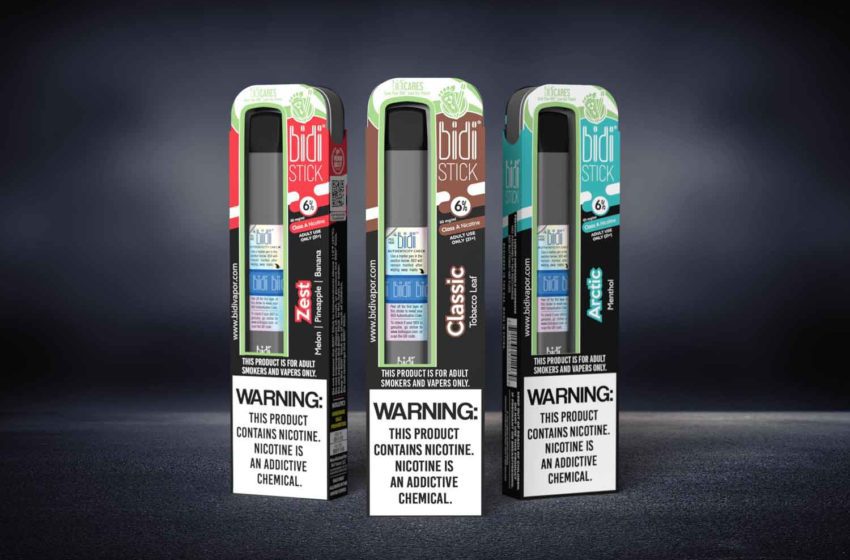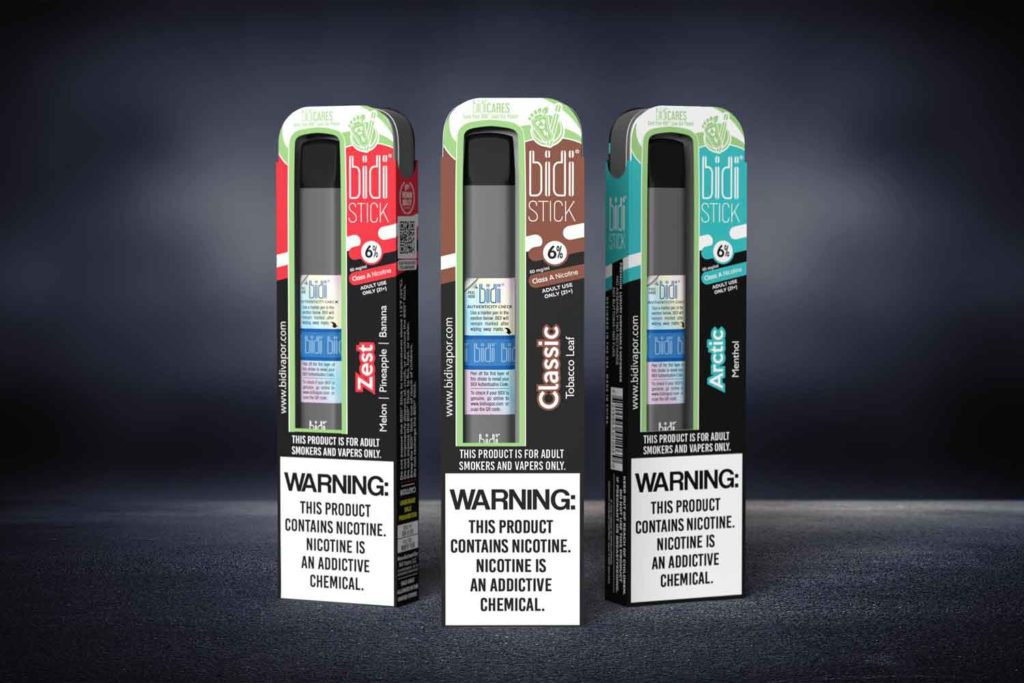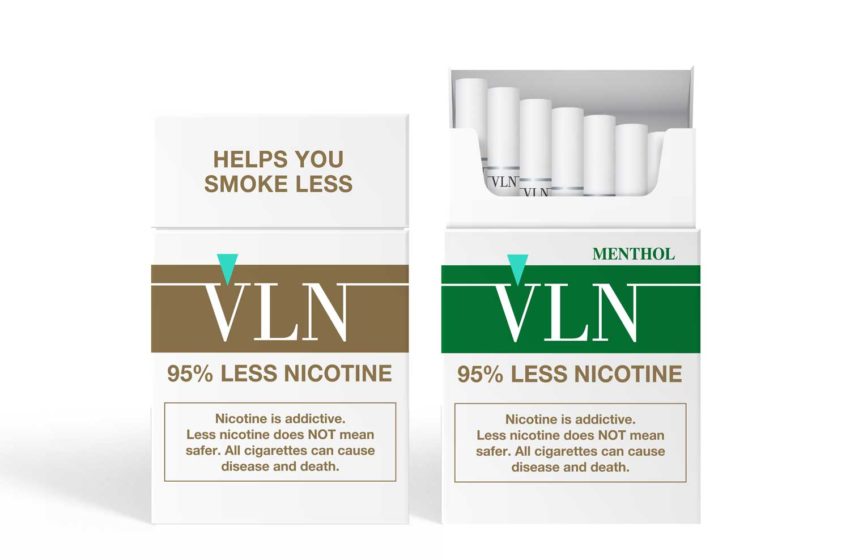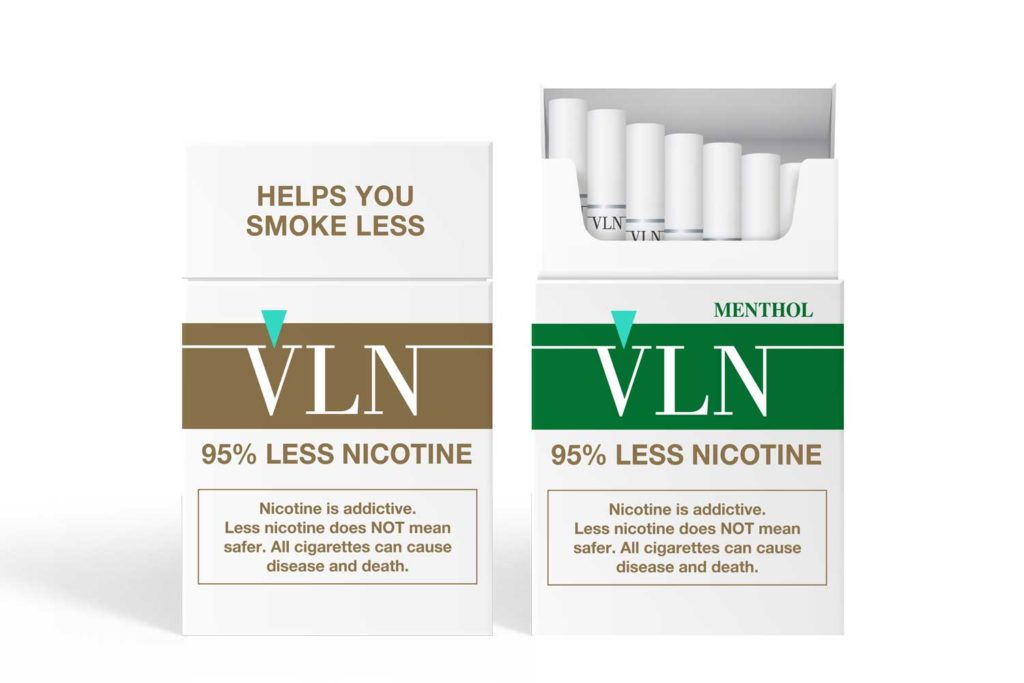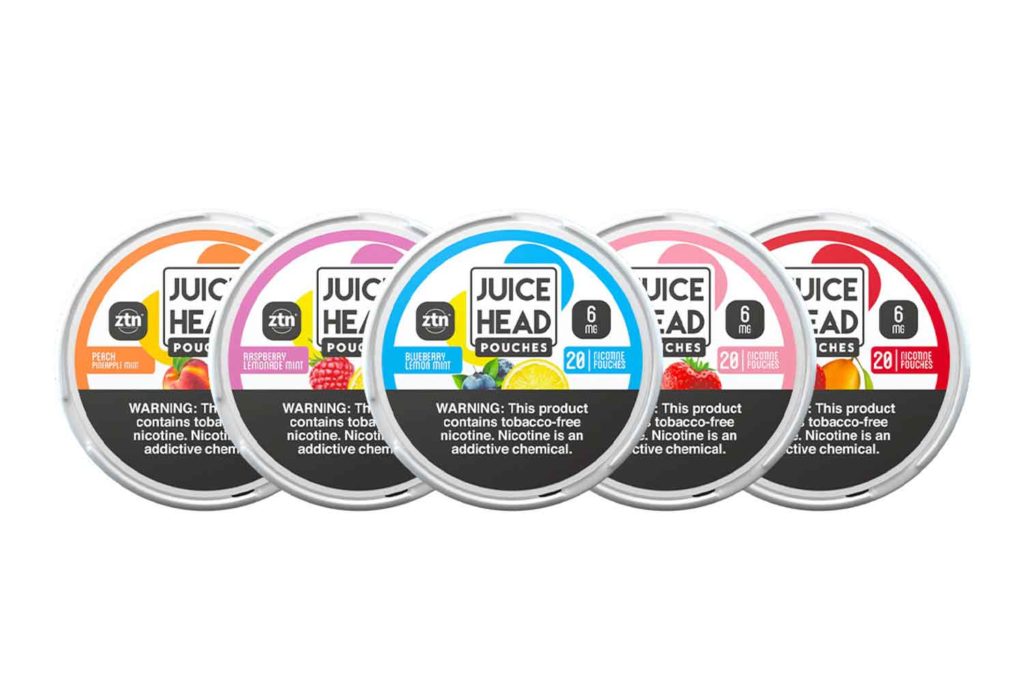
The Streamline Group has launched Juice Head pouches, the latest addition to its line of premium, fruit-flavored nicotine products.
Featured in 6 mg and 12 mg tobacco-free nicotine strengths, Juice Head pouches are available in five premium, fruit first, mint second flavors: blueberry lemon mint, watermelon strawberry mint, mango strawberry mint, peach pineapple mint and raspberry lemonade mint.
Juice Head pouches are thin, white pouches that are made with Zero Tobacco Nicotine—a trademarked synthetic nicotine brand—and are available in 20-pouch cans and 5-can sleeves.
Compared to other nicotine pouches currently on the market, which are mainly offered in a variety of mint or mint with light fruit flavors, Juice Head pouches offer adult users a unique “fruit first, mint second,” rich flavor experience that’s on par with the brand’s world-renowned e-liquid flavors, according to the company.
“As the needs of our customers continue to evolve, we are proud to introduce a new product that’s unlike any other currently on the market and offers discreet, convenient, smoke-free, and tobacco-free nicotine satisfaction for adults around the world,” said Patrick Mulcahy, CEO and co-founder of the Streamline Group, in a statement.
“With the launch of Juice Head pouches, we plan to not only expand our product offering for our existing global customer base but to also introduce the Juice Head brand to an entirely new demographic of consumers, retailers and distributors that we had previously been unable to reach.
Juice Head is manufactured and distributed by Streamline Group, which is based out of Huntington Beach, California, USA.

